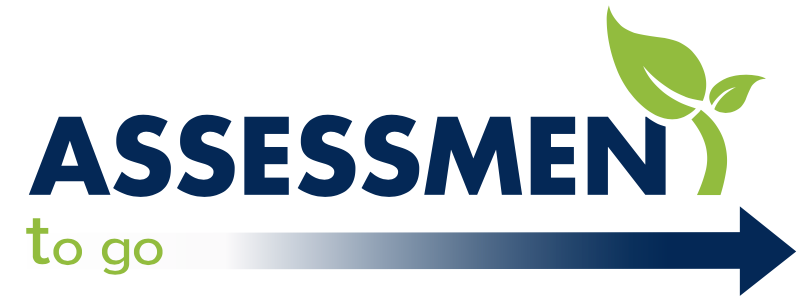
Using Surveys for Assessment of Learning
The Basics
A survey (or questionnaire) is a multi-purpose tool for gathering information about a particular topic from a group of people. The ease with which it is possible to
create and distribute a survey makes it easy to forget that survey research is an established field of scholarship to which people dedicate careers. The purpose of this A2Go is to provide tips and tricks for adopting this tool to gather information about student learning. This guide is not intended as a substitute for research methodology coursework.
What do you want to know?
The absolute, no-question-about-it, mandatory first step is to articulate your guiding question for the inquiry. There are, of course, many purposes for inquiry. When developing survey instruments to aid in assessment of student learning, the primary distinction is whether the inquiry is exploratory or confirmatory?
Write survey items that align to the purpose
| Type of Inquiry | Item Type | Sample | Response Characteristics |
|---|---|---|---|
| Exploratory | Open | What tools did you use to help yourself learn in this course? | Participants respond in their own words. |
| Confirmatory | Closed | What tools did you use to help yourself learn in this course? (Select all that apply: clickers, learning management system, textbook, instructor's blog, etc.) | Participants choose from a predetermined set of responses. |
Tips and suggestions
Regardless of type, strive to write items that are clearly written, precise, and accessible. To do this: use sentence structures and vocabulary that are appropriate for the audience; eliminate difficult or unclear terminology (OR undefined acronyms!); and avoid potential cultural and/or linguistic issues.
- Avoid asking for information that is available elsewhere.
- If you can collect an identification number (e.g., student ID aligned to records), don't ask people to answer questions about demographics, major, etc.
- Focus on items that will yield actionable information.
- Consider what you will do with the data. When the goal is gathering data to inform instructional planning, avoid questions about global concepts, such as "instructor effectiveness. There is not much to do in the future about dissatisfaction in the past.
Alternative: What 2-3 characteristics of the